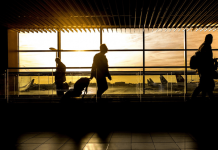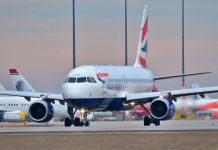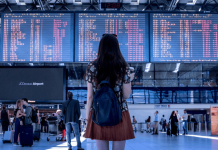The gradual reopening in many places offers an opportunity to relieve the built-up tensions after months of remaining at home. As summer starts, people are preparing to take holidays, and many need air travel.
However, there is still a high daily number of confirmed COVID-19 cases nationwide, making people understandably worried about travel. Travel is raising the risk of contracting and transmitting COVID-19.
That has been confirmed by the Centers for Disease Control and Prevention (CDC). However, we have gathered some tricks and tips you can use when you need to travel! Check them out next.
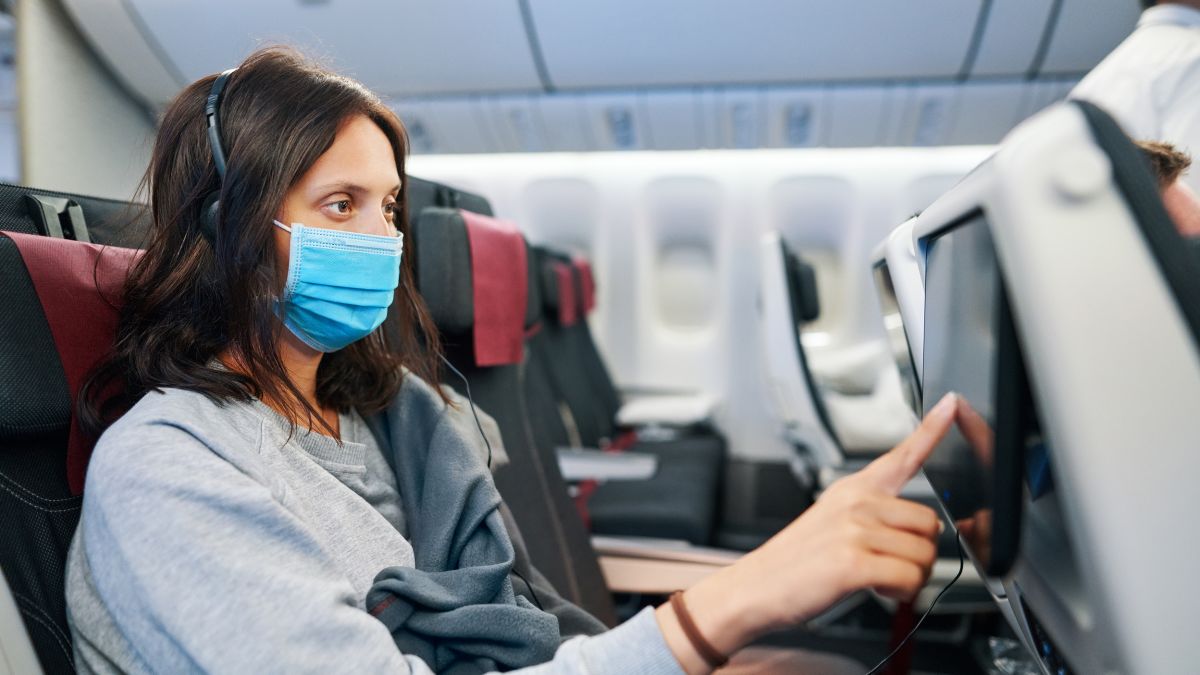
Use Protective Gear the Moment You Leave the House
Wear a facemask all the time. Not all airports require face covers so that means you could be exposed to viral individuals. So it's in your best interest to wear your mask at the airport and in-flight for your entire trip.
Do not forget to bring with you several masks in case one is missing or hurt. Use protective goggles, glasses, or sunglasses to cover your eyes.
This is an important safety measure for airplane passengers who can stay for hours in a tight, closed cabin packed with people sitting near each other.
Don't Forget Your Disinfectants
Upon entering the aircraft, have disinfectant wipes handy and readily available. Some airlines have started introducing seat, seatbelt, tray table, and seatback pocket-deep cleaning procedures.
United Airlines also collaborated with Clorox and the Cleveland Clinic to get their expert advice on safe disinfection procedures for the aircraft.
However, you should still wipe your own place, particularly your tray table, as an extra precaution.
Consider Flying in Business Class
If you see a full flight and you can use your mileage points or cash, consider upgrading your ticket to the business or first class.
Usually, these aircraft areas allow for more personal space, and therefore less risk.
Some airlines, such as United, do not book middle seats and alert passengers when a flight's capacity reaches 70 percent. If the passenger does not feel comfortable boarding, they should make a change of flight.
Check Your Airport Security's Provided Guidelines
The CDC and the Federal Aviation Administration (FAA) provided guidelines to help airlines prevent coronavirus from spreading.
As a result, the majority of major U.S. airlines require crews and passengers to wear face coverings in fabric. Check out their pages to see what individual airports and airlines are doing to secure travelers.
The Transportation Security Administration (TSA) expanded equipment and surfaces at the screening checkpoints for cleaning and disinfection.
If you haven't flown after the pandemic started, you'll note several changes.
- TSA officers wearing masks and gloves and social distancing practice.
- TSA officers who change gloves after every pat-down. Plastic shields checking podium at the text, looking for bags, and dropping off places.
- Fewer passengers, and thus fewer open lanes for screening.
Choose Your Clothing Wisely
For extra security, select a comfortable pair of long pants and a long-sleeve shirt as your in-flight clothing. When you reach your destination, remove and wash the clothes immediately before the next use.
Travel Light & Be Prepared For Airport Security Check
Instead of handing TSA officers boarding passes, travelers can put passes (paper or electronic) directly on the scanner and hold them up for inspection afterward.
Every traveler can have one hand sanitizer container in a carry-on bag, up to 12 ounces (about 350 milliliters). For inspection, those containers would need to be taken out.
Food products should be delivered in a plastic bag for inspection and stored in a container. Separating food from carry-on bags lessens the chance that bags may need to be opened by screeners.
Personal things such as keys, wallets, and phones should be packed into carry-on bags. This reduces handling during the screening of certain products.
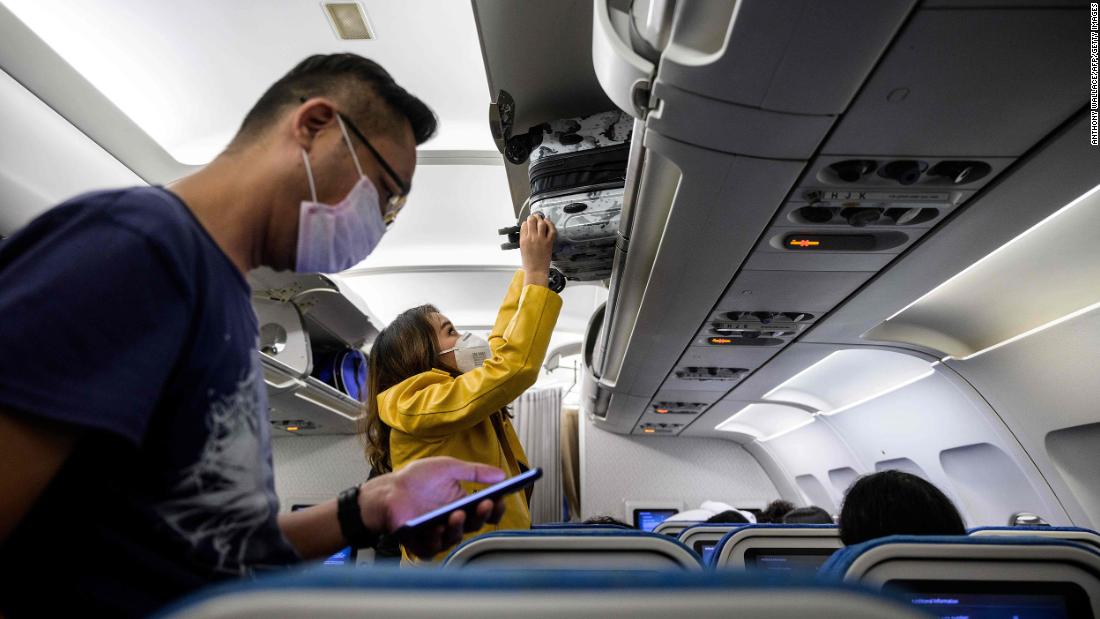
Conclusion
As constraints in many parts of the world ease, people look forward to resuming their personal and business travel. But, it's important to note that COVID-19 is still a serious threat so be extra careful and follow the above tips.

